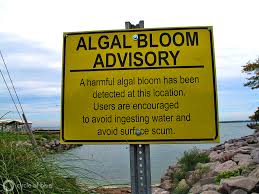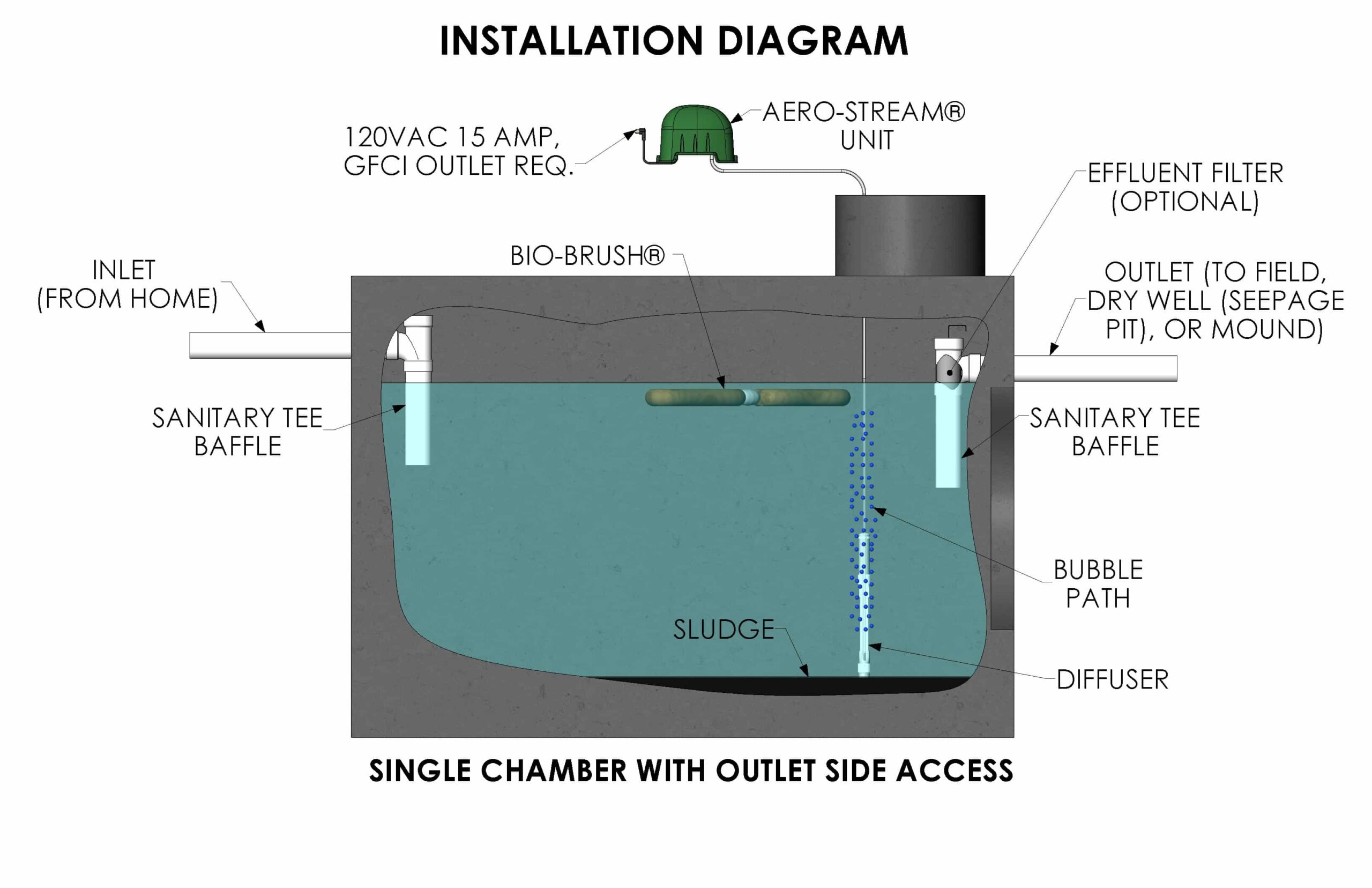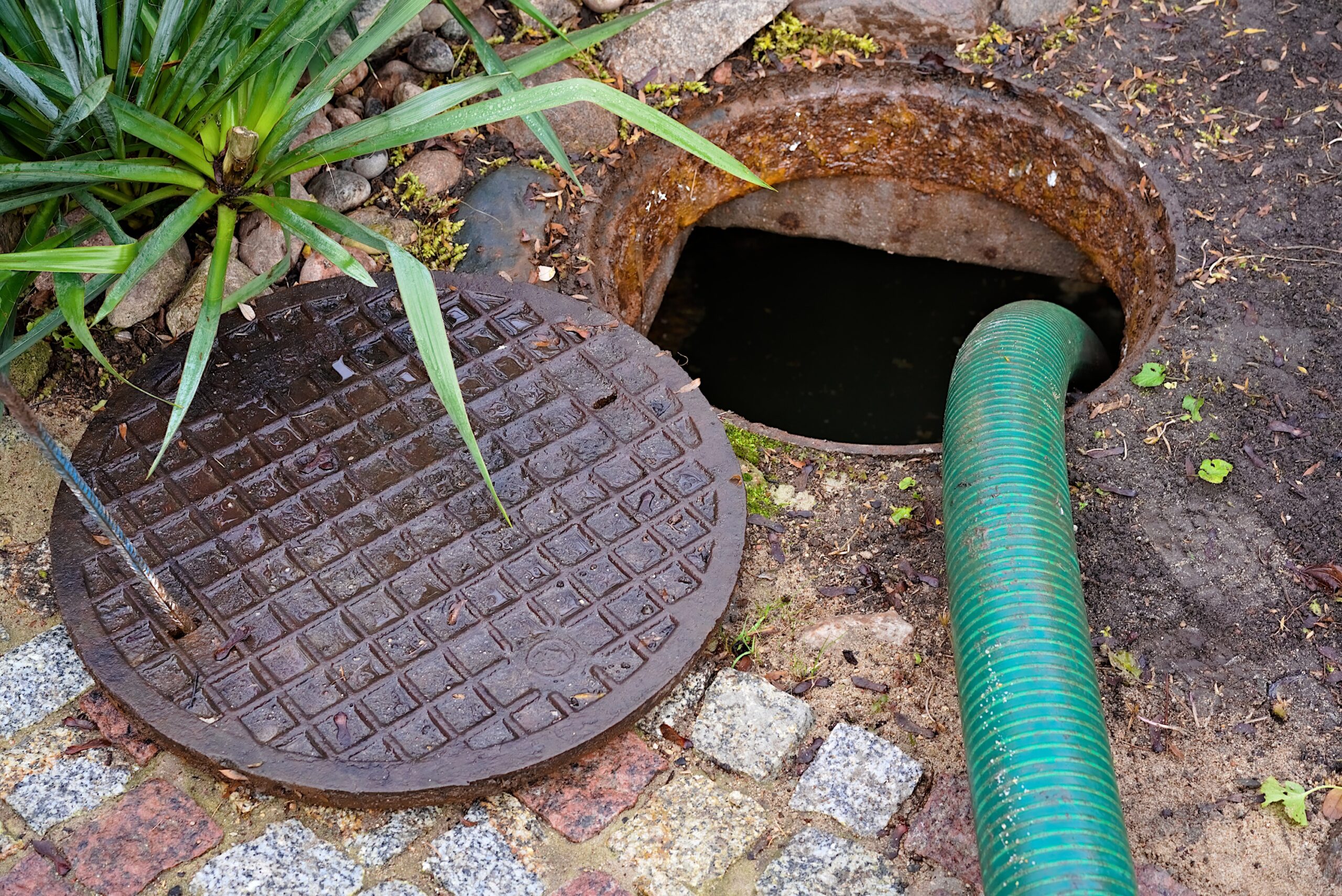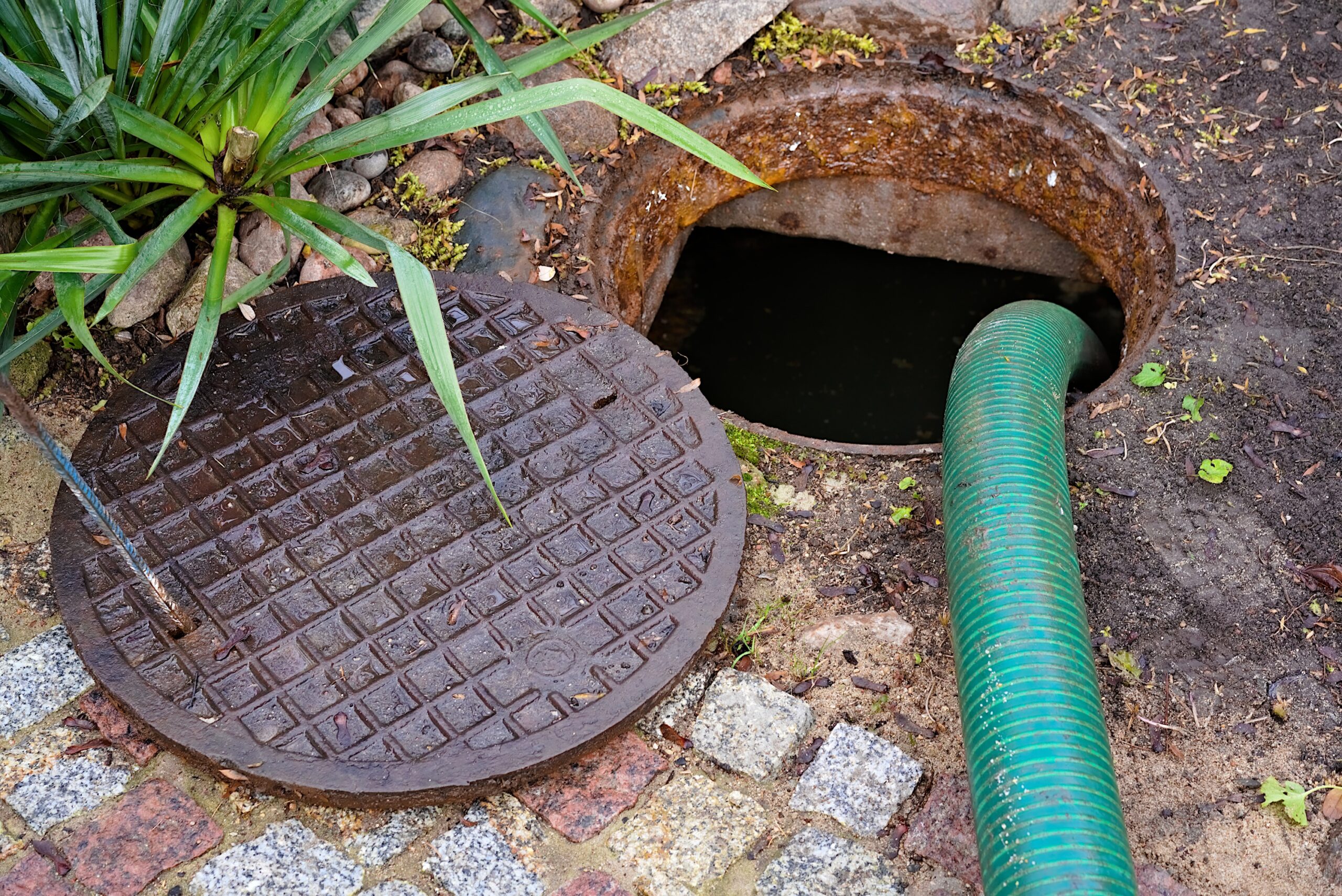A combination of fertilizer runoff and failing septic tanks is responsible  for an algal bloom in the St. John’s River in Jacksonville, Florida, according to one of the city councilmen of that city. With more than 60,000 septic tanks in operation in and around Jacksonville, even a small percentage of failing systems could have a big impact on water quality and algae proliferation in this major Florida city. St. John’s River runs directly through the downtown area and is a major attraction for visitors to Jacksonville, so the overgrowth of algae in this waterway is a financial issue as well as an environmental concern.
for an algal bloom in the St. John’s River in Jacksonville, Florida, according to one of the city councilmen of that city. With more than 60,000 septic tanks in operation in and around Jacksonville, even a small percentage of failing systems could have a big impact on water quality and algae proliferation in this major Florida city. St. John’s River runs directly through the downtown area and is a major attraction for visitors to Jacksonville, so the overgrowth of algae in this waterway is a financial issue as well as an environmental concern.
The Ecology of Algal Blooms
Algae in streams, ponds and rivers grows more rapidly when high-nutrient fluids are added to the normal chemical makeup of these bodies of water. When septic systems are not performing at peak efficiency, they can sometimes overflow or fail to remove adequate amounts of particulate waste material before water is released into the outside environment. The septic wastewater serves as fertilizer for algae growth in waterways and in natural and man-made ponds and lakes. In some cases, the contaminants in improperly treated septic waste can make their way into the water table and can cause serious problems for local water supplies as well.
Increased Efficiency for Septic Tank Systems
For homeowners in Jacksonville and across the country, maintaining septic tank systems in good working order is necessary to prevent unwanted intervention by state and local health and environmental protection agencies. In Jacksonville, for example, plans have been announced by the Department of Public Works and the Department of Environmental Protection to begin tagging septic tanks that are not functioning properly to remediate wastewater before releasing it into the general water supply. While the penalties or costs to homeowners with these septic systems have not yet been announced, it is likely that Jacksonville residents will end up bearing at least some portion of the cost for these inspections and any necessary repairs.
Being Proactive Can Save Money
Boosting the working efficiency of an existing septic system can produce significant improvements in the quality of water returned to the environment and can reduce the incidence of other septic tank problems, including backups, slow drainage and overflow in the area of the tank. Installing a septic aerator system can increase efficiency and reduce the chance of overflows and runoffs that can contribute to environmental deterioration. Because aeration systems increase the growth of highly efficient aerobic bacterial colonies, they can speed the wastewater purification process and can even extend the life of older septic systems.
Controlled Septic Aeration™ systems like those sold by Aero-Stream can help homeowners stay clear of local regulatory agencies and avoid the costs of required replacements or repairs to their septic tanks and drain fields. By taking proactive steps to improve the function of their existing septic systems, these property owners can save money and enjoy valuable peace of mind.











